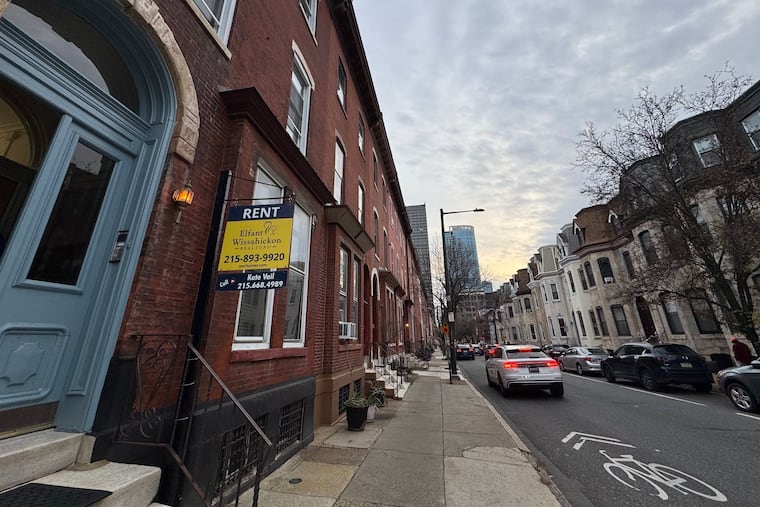Three Philadelphia-area health systems improve accounting practices and increase profits.
In response to continued financial pressures, three prominent health systems in the Philadelphia area have implemented significant changes to their accounting practices regarding asset depreciation. This strategic shift involves extending the time frame for spreading out the costs of buildings and critical equipment investments from a maximum of 40 years to as much as 80 years. The adjustment has resulted in substantial increases in reported operating income for each institution.
Notably, ChristianaCare, Main Line Health, and Thomas Jefferson University have all adopted this new accounting approach, which is reflected in their fiscal 2025 audited financial statements. In extending the depreciation schedule, these health systems aim to create a more favorable financial picture amid rising operational costs and fluctuating patient volumes.
For instance, Main Line Health reported an estimated reduction in depreciation expenses by approximately .5 million due to the extended depreciation schedule. This accounting maneuver contributed to the organization achieving a modest operating profit of million for the fiscal year ending June 30, a notable turnaround from the significant operating losses recorded in previous years. Without these depreciation savings, Main Line would have faced an operating loss of .5 million, compared to a million loss from the prior fiscal year.
Similarly, ChristianaCare’s CFO indicated that the adjustment led to a reduction in depreciation expenses of .4 million, facilitating a greater operating income. In fiscal 2025, the organization recorded an operating income of .5 million, highlighting the impact of this financial strategy on its fiscal health.
On the other hand, Thomas Jefferson University also made a similar transition, resulting in a remarkable decrease of million in depreciation expense, aided by its decision to extend the depreciation schedule to cover 70 years for new buildings and renovations. Despite this adjustment, Jefferson’s operating income remained modest at .34 million on nearly billion in total revenue for the fiscal year ending June 30, 2024.
While these changes can create a more favorable operating income figure, financial experts note that the depreciation adjustments are primarily cosmetic in nature. They argue that such changes do not affect actual cash flows or operational efficiency, but merely represent a rearrangement of accounting entries.
Despite these innovations, many health systems within the area continue to adopt more conservative depreciation schedules, typically capping them at 40 years in accordance with established American Hospital Association guidelines. This divergence in accounting practices reflects ongoing challenges faced by healthcare facilities as they strive to balance financial viability with the need for continual infrastructure improvements.
As these Philadelphia-area health systems navigate complex financial landscapes, the implications of their accounting decisions will likely resonate throughout the healthcare sector, shaping future strategies for managing operational expenses amid evolving industry demands.
Media News Source







